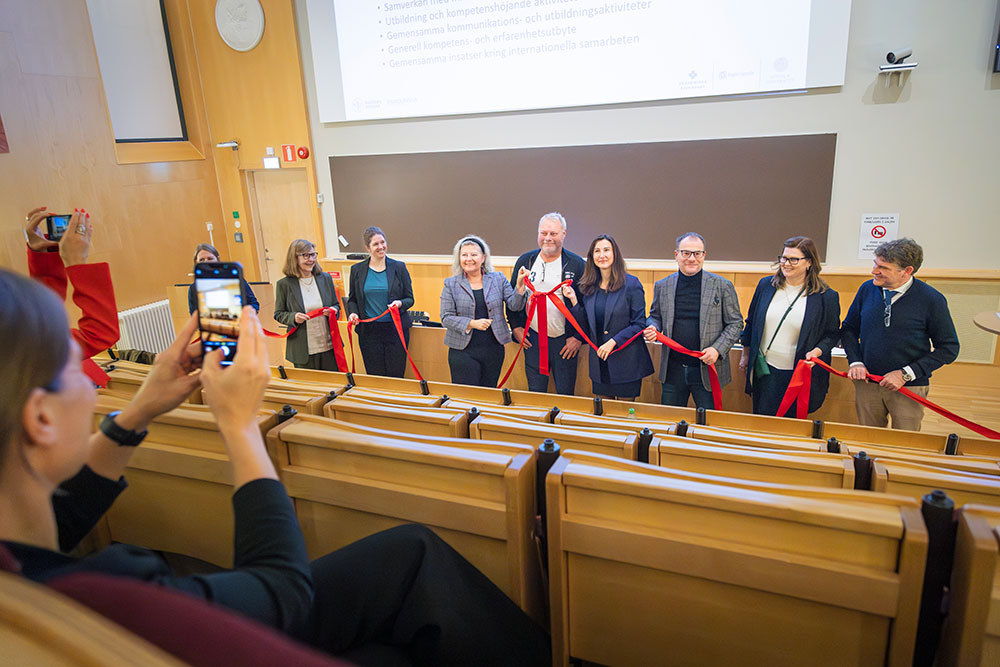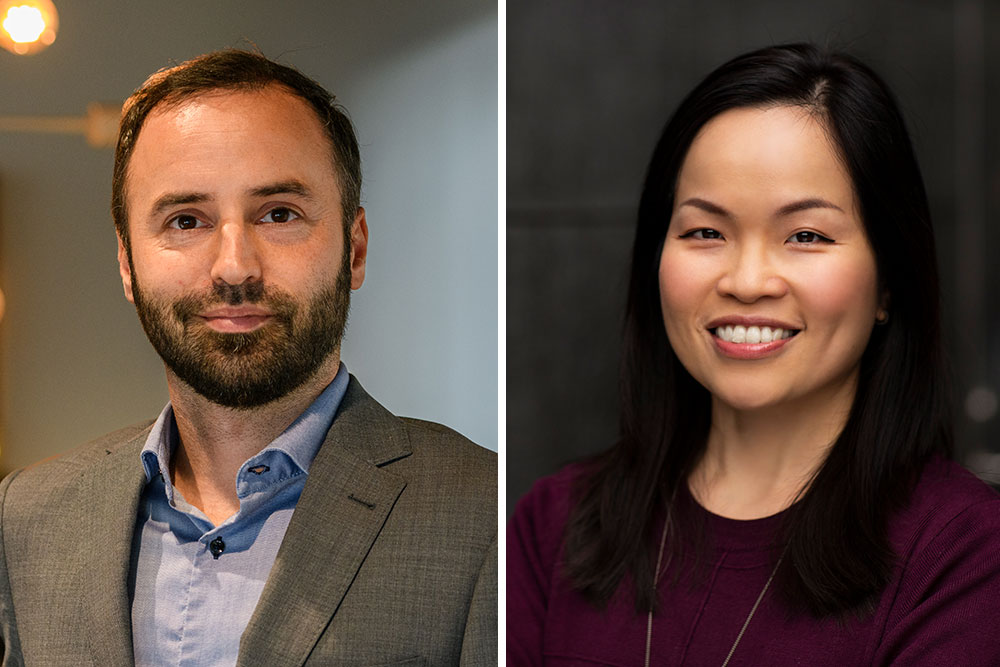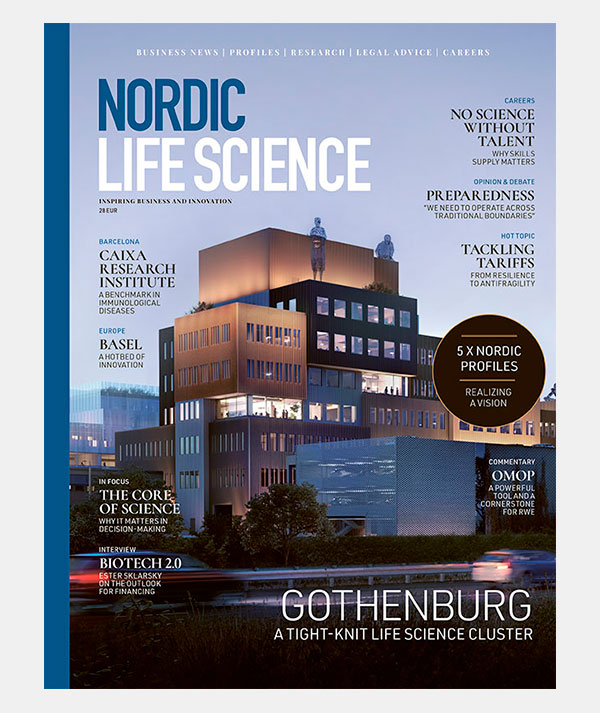Preparedness for a new era – Clear roles and Nordic collaboration

In December last year, Sweden’s National Board of Health and Welfare and the Swedish Civil Contingencies Agency concluded that the country’s pharmaceutical stockpiles are insufficient to cope with a crisis or war. That is a serious conclusion. Their report outlines 130 measures to address this, 40 of which are considered to be high priority. But the key question is: how will the stockpiling work in practice?
As a company with more than a hundred years of experience in pharmaceutical warehousing and distribution in Sweden and Finland, we know how fragile the system can be. Supply chains are complex, and it takes more than good intentions to keep them functioning, especially under pressure.
By rotating medicines between warehouses, pharmacies, and healthcare providers before expiry, we reduce waste and cost, while ensuring that medicines are in the right place and effective, when they’re truly needed.
One solution we’ve long advocated for is the creation of rotating emergency stockpiles. This is a way to bring together two things that are often seen as opposites: sustainability and availability. By rotating medicines between warehouses, pharmacies, and healthcare providers before expiry, we reduce waste and cost, while ensuring that medicines are in the right place and effective, when they’re truly needed.
But even a good idea will fail without structure. To us, the division of responsibility is clear: the state must set the framework and secure financing, but the day-to-day operation needs to be entrusted to those who already handle medicines professionally. We understand how these systems work in practice, and how to build in flexibility, redundancy, and control. That expertise should be present from the start, not added as an afterthought. Otherwise, we risk building parallel systems that can’t work together – and that would be a waste of time and resources.
We also welcome the fact that a national overview of medicine availability is in development.
There are encouraging developments in Sweden. ADL – the multi-stakeholder dialogue forum initiated during the pandemic under the leadership of the Medical Products Agency – has now been made permanent. And earlier this year, a joint preparedness exercise was held, bringing together stakeholders from across the entire value chain. This is exactly the kind of hands-on collaboration we need more of, practical initiatives that show how things actually work under pressure.
We also welcome the fact that a national overview of medicine availability is in development. This is a crucial tool. Without clear data on what’s available, where, and in what quantities, it’s difficult to make the right decisions when it matters most.
But we must also state the obvious: progress is too slow. We’re operating in a world that won’t wait for our processes to catch up. We know what needs to be done. Now is the time to act.
Finland has much to teach us. The country has a strong, well-coordinated system with clearly defined roles and responsibilities across authorities, companies, and logistics providers.
Finland has much to teach us. The country has a strong, well-coordinated system with clearly defined roles and responsibilities across authorities, companies, and logistics providers. This enables quick action without being slowed down by administrative hurdles. Thanks to these characteristics, Finland has been tasked with establishing shared EU-wide emergency stockpiles that can be activated within twelve hours. This is part of the European rescEU programme, a concrete example of how local expertise and European collaboration can go hand in hand.
Oriola’s presence in Sweden and Finland gives us a clear overview. We see what works, where bottlenecks arise, and how cooperation between countries could be strengthened. Structures are already in place for Nordic collaboration in other critical areas – medicines should not be the exception. We share supply chains, transport routes, and production dependencies. When one link in the chain is weakened, the effects are immediate across borders.
We therefore need a legal framework for emergency scenarios, that allows resources to be directed to where they are needed most.
One issue that is often overlooked, though, is legislation. At present, there are regulatory obstacles that prevent the redistribution of medicines between regions and healthcare units, even when the need is obvious. We therefore need a legal framework for emergency scenarios, that allows resources to be directed to where they are needed most. Otherwise, we risk having supply but not access.
Sweden has the knowledge, the will and the capability. But ambition alone won’t get us there. We need to up the pace. What we do now will shape the preparedness we rely on tomorrow. At Oriola, we’re ready to shoulder our share of the responsibility – but we need to do it together with others who also recognize the urgency of acting in time.
About the author
Katarina Gabrielson is the CEO of Oriola, a specialist in the wholesale and distribution of pharmaceuticals, health and wellbeing products in Finland and Sweden. She also serves as a member of the board of GIRP, the European Healthcare Distribution Association. This Commentary was originally written for NLS magazine No 02 2025, out May 2025.
Published: June 2, 2025











